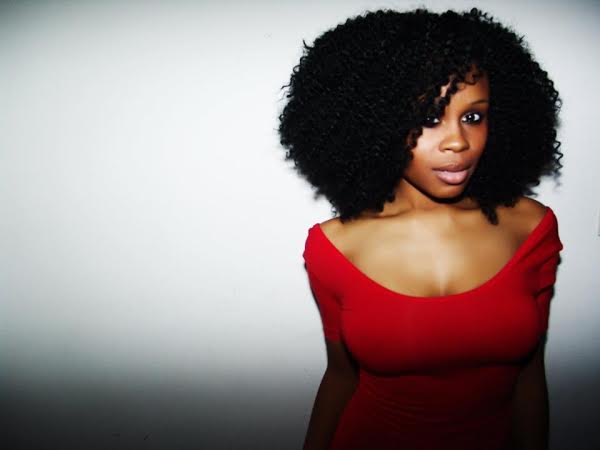feminist of the week: kiara moore

Image: Sarah Faison
Name: Kiara Moore
Age: 24
Occupation: Student
Hometown: Virginia Beach, Virginia, USA
Describe yourself in one word:
Dreamer
What is your feminist philosophy?
There are natural inherent freedoms that belong to everyone and to me feminism is about recognising and acknowledging everyone’s humanity. I love bell hooks’s potent phrase ‘patriarchy has no gender’. Feminism doesn’t just belong in the realm of women; it’s about ensuring that everyone has equal rights. I still have a lot to learn and my beliefs concerning feminism are still growing and changing.
When did you have your feminist awakening?
I took a Women’s Writers class with Gretchen Comba at my school Virginia Commonwealth University! It was a phenomenal experience. The class basically vocalised a lot of ideas that I have carried within me for long time. I definitely supported and believed that everyone should be free from the systematic oppressions that people experience but I never considered myself a feminist. I erroneously thought that I had to be a certain type of person. I thought that term was reserved for fiery, revolutionary women, the trailblazers. I admired these individuals but I didn’t think I had the right to call myself a feminist. I realised, ultimately, my activism may not resemble others’ and that’s fine! I want to help make the world a better place for women, and I found that I could use my writing to educate people about social injustice. By the end of the course, I could say with certainty that ‘I am a feminist’.
Why is feminism important in today’s world?
Gender inequality is still rampant. We have a lot of work to do.
What books/novels have you read that have influenced the way you think today?
Alice Walker’s In Love and Trouble, a collection of short stories, really resonated with me. It’s fiction but the stories definitely capture the reality of the injustices that women have to contend with and it illustrated the idea of intersectional feminism in a powerful way. The book definitely contributed to the importance of the intersectional perspective and inclusivity within my definition of feminism.
What problems do you see in those who participate in feminism regarding race?
Unfortunately, there are still issues regarding race or marginalising people in general. Inclusivity is important in making gain in feminism. Acknowledging the variety of voices, including those who do not have easier access in having their voices heard. It means that no one experience should be privileged over the other. Upper middle class over lower class, white versus black, global north versus global south. To do so is not only counterproductive but it reinforces the idea of oppression and privilege associated with patriarchy that feminism is attempting to collapse.
What are some changes you are hoping to implement yourself?
Sharing the good news that anyone can be a feminist! There are a lot of misconceptions surrounding feminism that disturbingly still exist. I want to help dispel the notion that feminists are a misandrous mob of angry women. Everyone has the right to experience opportunities that are available to all, and if you can get behind the idea that men and women should have equal opportunities and rights (whether you’re a man or woman), then you can proclaim yourself as a feminist.

